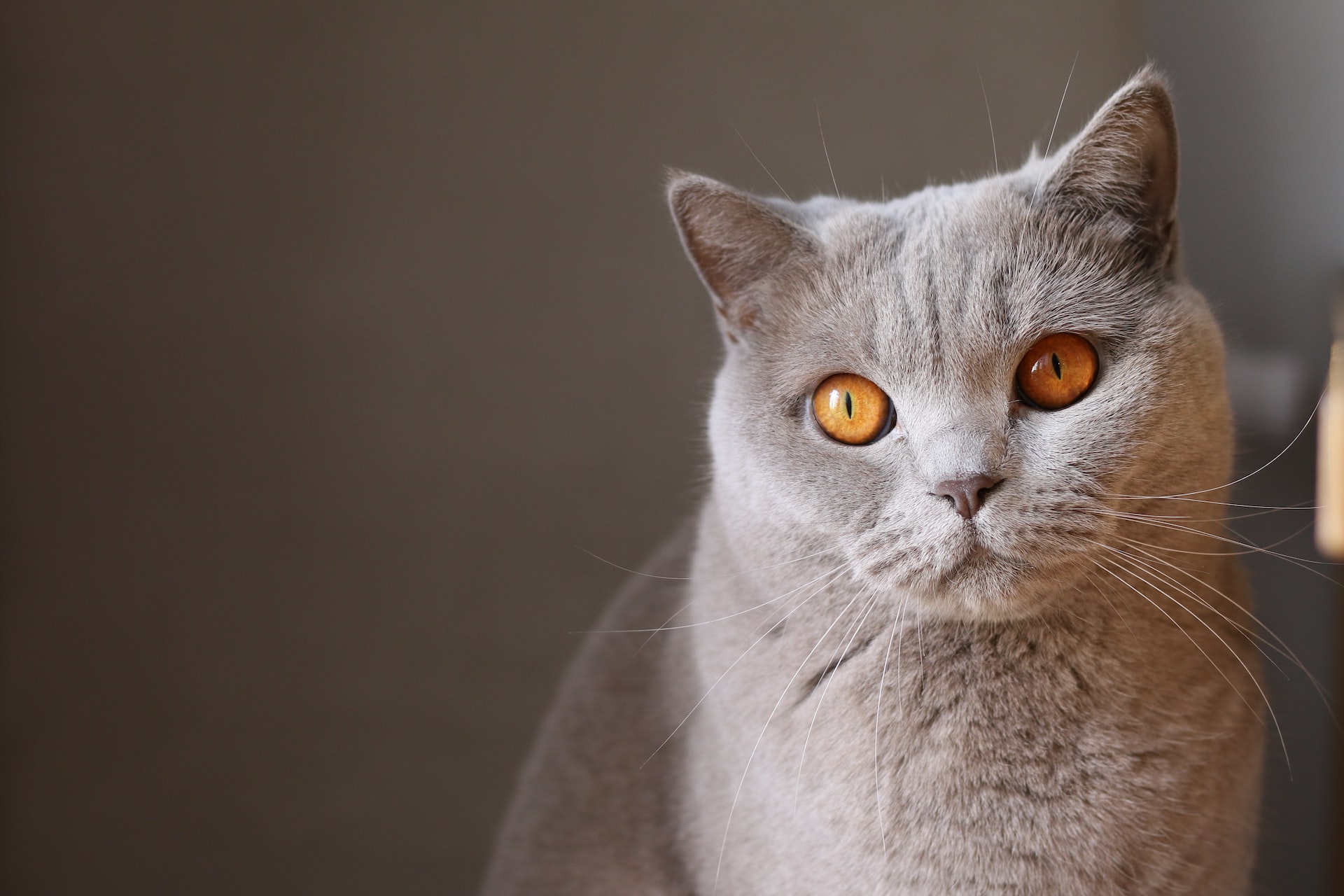- February 27, 2023
The Mystery of Dyspnea in Cats: How Respiratory Conditions Cause Hard Breathing

A cat struggling to breathe is one of the most worrying sounds for any pet parent. It usually indicates a health problem and should be addressed promptly. While something as minor as an allergy can cause it, dyspnea in cats or difficulty breathing can also indicate a more serious respiratory condition. This article will explore how various respiratory infections may cause hard breathing in cats, so read on to find out more!
Common Causes of Dyspnea in Cats
Many different conditions and issues can cause dyspnea in cats, such as:
- Heartworm Disease: A severe parasitic infection caused by worms living inside the cat’s heart and lungs, which can lead to difficulty breathing.
- Feline Asthma: A condition where the airways become inflamed due to an allergic reaction, causing difficulty breathing.
- Lung Cancer: A malignant tumor that grows on or near the lungs, leading to difficulty breathing due to pressure on the lungs or airways.
- Pneumonia: An infection of the lungs caused by bacteria or viruses, which leads to inflammation and fluid accumulation in the lungs, making it hard for cats to breathe correctly.
- Bronchitis: An inflammation of the bronchial tubes that leads to mucus accumulation and difficulty breathing in cats.
Signs of Respiratory Conditions
When it comes to identifying a respiratory condition causing hard breathing in cats, there are several signs pet parents should look out for, including:
- Open-mouth breathing with visible effort (dyspnea)
- Coughing or wheezing
- Increased respiration rate
- Rapid shallow breaths
- Bluish-colored tongue due to lack of oxygen
Diagnosing Respiratory Conditions
Once these signs have been identified, your vet will likely recommend tests and procedures such as X-rays or blood tests to diagnose any underlying respiratory condition causing cat dyspnea. In certain situations, they may also prescribe corticosteroids and bronchodilators if they suspect asthma or allergies are behind your cat’s hard breathing.
Treatment Options for Respiratory Conditions
Depending on what your vet finds during diagnosis, there are several treatment options available for respiratory conditions that cause hard breathing in cats, including antibiotics if it is caused by bacterial pneumonia; anti-inflammatory medications; inhalers; oxygen therapy; surgery; chemotherapy; radiation therapy; dietary changes; or lifestyle changes such as avoiding allergens or pollutants in the home that may be contributing factors for feline asthma attacks.
Prevention Tips for Hard Breathing in Cats
Since difficulties with breathing can be very dangerous for cats, pet parents should take preventative measures such as taking their cat for regular checkups at their vet’s office; Keep watch for any alterations in behavior. Like coughing or wheezing; avoiding exposure to allergens when possible; providing their pet with good quality nutrition since this affects their overall health; avoiding smoke and other airborne pollutants at home; and ensuring they get plenty of exercise since this helps keep their lungs healthy and strong!
Conclusion
Hopefully, this article has provided helpful information about how various respiratory conditions may cause hard breathing in cats – otherwise known as dyspnea – and tips on preventing it from occurring again! However, if your cat shows any symptoms of dyspnea, take them straight away to your vet’s office so they can receive proper diagnosis and treatment if needed!
